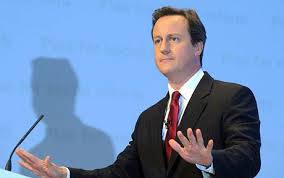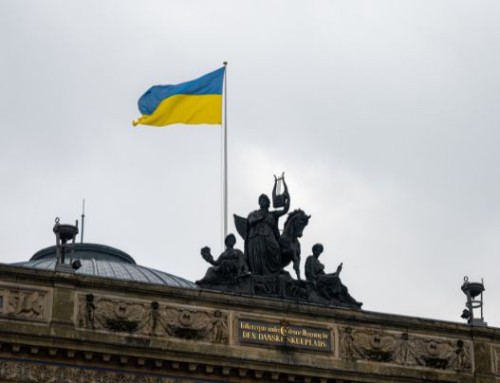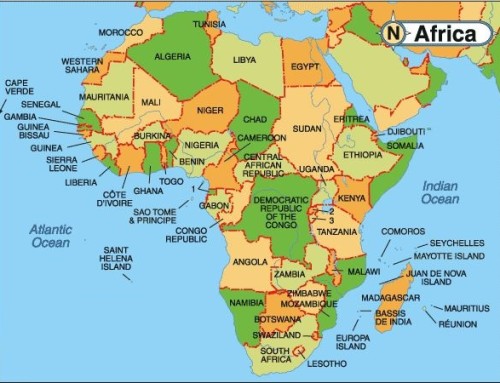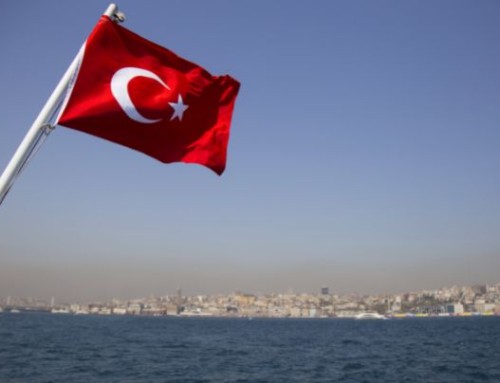 There are moments and personalities of history that makes all the difference for a European future of peace and stability: a penitent Willy Brandt on his knees in the Warsaw ghetto, a couple who made history Helmut Kohl and François Mitterrand hand in hand on the battlefield Verdun, and, more recently, Vladimir Putin with Prime Minister Donald Tusk at Katyn massacre. Are actually gestures of reconciliation of European wars whose emotional reactions were not attenuated over time.
There are moments and personalities of history that makes all the difference for a European future of peace and stability: a penitent Willy Brandt on his knees in the Warsaw ghetto, a couple who made history Helmut Kohl and François Mitterrand hand in hand on the battlefield Verdun, and, more recently, Vladimir Putin with Prime Minister Donald Tusk at Katyn massacre. Are actually gestures of reconciliation of European wars whose emotional reactions were not attenuated over time.
Now that federal destiny of Europe becomes every day more palpable, the European project, initially threatened contradiction between fiscal and monetary policies of eurozone nations, is clear when the choose to abandon the euro or spectacular leap to a true European economic government. As the first option is obsolete second remains the only solution. Let us not forget what cancelaru Angela Merkel and EU President Herman van Rompuy said some time ago: “History shows that countries with a common currency is not war” (Merkel) or “With the euro would fall and the EU and therefore the main guarantee of peace “(Rompuy). Europe actually seeks a new identity. Threats created by the euro crisis and Greece’s exit from the eurozone are no longer current situation we are now in a delicate balance that can lead to a quick recovery or a dramatic collapse. We are at a point where infelexiune European leaders must decide which way we go in the EU to regain what they wanted with her creation: a federal state. Citizens, investors and politicians must understand that alignments created in Europe can not be erased by a crisis, can be weakened by contradictions between national sovereignty and disposal of part of it to Brussels.
The eurozone will not disappear but economic recovery from this crisis will be lasting. Instead of falling apart, as skeptics had predicted, European countries responded to the crisis by taking significant steps towards deeper integration. Continent’s leaders have given EU institutions greater control over fiscal policy of the Member States have ratified a fiscal pact, and have reached agreement on the outline of a banking union. European Central Bank President Mario Draghi said the bank’s commitment to do whatever it takes to save the common currency. Thorough integration of the countries in Brussels structures agrees not all 27 EU members. So far we have talked a Greekexit-out of the eurozone – from now on we will talk about a BRITEX-out of the EU. British Euro-skepticism has reached historic heights. After ten days of speculation, British Prime Minister delivered a crucial speech on the future of his country in the European Union. David Cameron has promised to renegotiate a new agreement, a kind of New Deal, the EU, it will be subject to a referendum before the end of 2017. This has been partially elctorală, because you have to win election in 2015, and partly due to economic-financial pressure from City, London’s financial center. The response was immediate. U.S. Assistant Secretary of State voiced by Philip H. Gordon, warned Britain that the withdrawal will not be received with joy the rest of the world. “We have a relationship becoming more important with the EU as an institution and want to hear a British voice in Europe,” he said. Angela Merkel said: I personally want Germany and the UK in the EU as an active part of it. Planning a referendum in five years ago is a risky business and I’ll explain why. In Tackles all businesses and companies are horrified by the prospect that Britain will leave the EU. Car manufacturers already see a change in the relationships we have in the Union.
A BRITEX discourage multinationals in 2017. Secondly although removed within 5 years sounds like not enough time to solve financial problems now, the euro area and when the English Parliament will vote? Third post referendum negotiations can go wrong and lead to the conclusion that arises now that England wants her own way. The risks are high but Cameron probably has a few aces up his sleeve? It Merkel is one of them? Germany wants to work with liberals English and is willing to make concessions. But the situation will be over two years we will see then. Now chances are 50% to 50% according to opinion polls. What the media says island? Custody decision in the hands of the people of EU membership is “a big risk, but also a bold maneuver,” writes Tom Newton Dunn of The Sun newspaper, comparing the situation to putting “a gun loaded temples EU leaders and their says UK give back what would or could go “is written by Tom Dunn as the” poker game with Brussels by misleading the opponent largest stake “. Yes, Cameron’s speech reminded the European project economic principle and interest on financial markets, which could be accepted in the Netherlands, Sweden, Finland. A few days after the announcement by the British Prime Minister about a referendum on the UK site EU in 2017, nine Dutch professors, Eurosceptics, launched a citizens’ initiative to do so in the Netherlands. If their proposal gathers 40,000 signatures, the Chamber of Deputies will have to consider this request. Who knows what awaits us? In conclusion mutual misunderstanding between Britain and Europe is reduced to a fundamental difference of perspective: while the UK sees membership of the club of economically, France and Germany, co-founders, a project on European Union political forged from the ashes of the Second World War. What I saw, condensed into two days, was in fact the history of European construction. January 22 was celebrated the 50th anniversary of the signing of the Elysée Treaty between France and Germany.
The day David Cameron has delivered discourse on the relations between the UK and the EU. UK Scottish independence referendum approaches set out in 2014. Sword of Damocles, the separation also hang over Belgium, where Flemish nationalists preparing the 2014 federal election, and above Spain, where Catalonia will try to create favorable conditions as possible to organize a referendum on its independence again in 2014. Even if the EU could manage political and legal secession isolated incident (eg Scotland), the potential domino effect-related situation in the Basque Country, Catalonia, South Tyrol, Flanders, Alsace and Corsica (France), where the Polish minority in Lithuania, ethnic groups in Friesland (Netherlands) and Muslims in northeastern Greece could destabilize the EU as a whole. A perfect question întreptăţită and bring shivers down your spine is how the EU would react if one of its members seek military where it will face a national security threat as a pro-independence movements? Difficult to answer.
Europe is in full election period. In February in Italy and in September in Germany. Rome major stake is whether technocrat Mario Monti will continue government without being elected, but with the support of a coalition of centrist parties? We thus see that a policy of rigor consistent with market expectations and partner countries is sufficient to recover a country. In Germany we already have a candidate: Angela Merkel. The current Chancellor enjoying record popularity rate and has good chances to be chosen for a third term. Rise of Germany has reached a level that makes other members do not block its recommendations, except possibly France or Great Britain, the economic and fiscal policy, for fear that “Berliner Republik” (Republic of Berlin) not abandon support of salvation granted eurozone. What will the EU in the near future? Will be divided between those inside and outside the core euro area from an area consisting of powerful countries, creditor, in northern Europe, led by Germany, and one of the weak debtor in southern Europe, including Cyprus, Greece, Italy, Portugal and Spain.
Benefits beyond national borders. EU enlargement to the south and east consolidated democracy in Spain, Portugal and Greece, and created a zone of peace and prosperity in the former communist region of Central and Eastern Europe. Well-understood that the EU today is different from that which was joined Britain in 1973, or one for which they voted to remain British when they were given last chance in 1975. EU reforms will continue to be deeply and irrevocably. They lead to the strengthening of the euro project in a banking union and create a separate budget for the euro area. A Portuguese in four is unemployed. Especially those with higher education in areas such as robotics and architecture. To find a job, they do not hesitate to become expatriates. Immigration to the colonies was reversed. Languages such as German, Russian, Chinese or Arabic are fashionable Lisbon. So as they say in Mandarin future?未来! (Ui-lai)






Leave A Comment